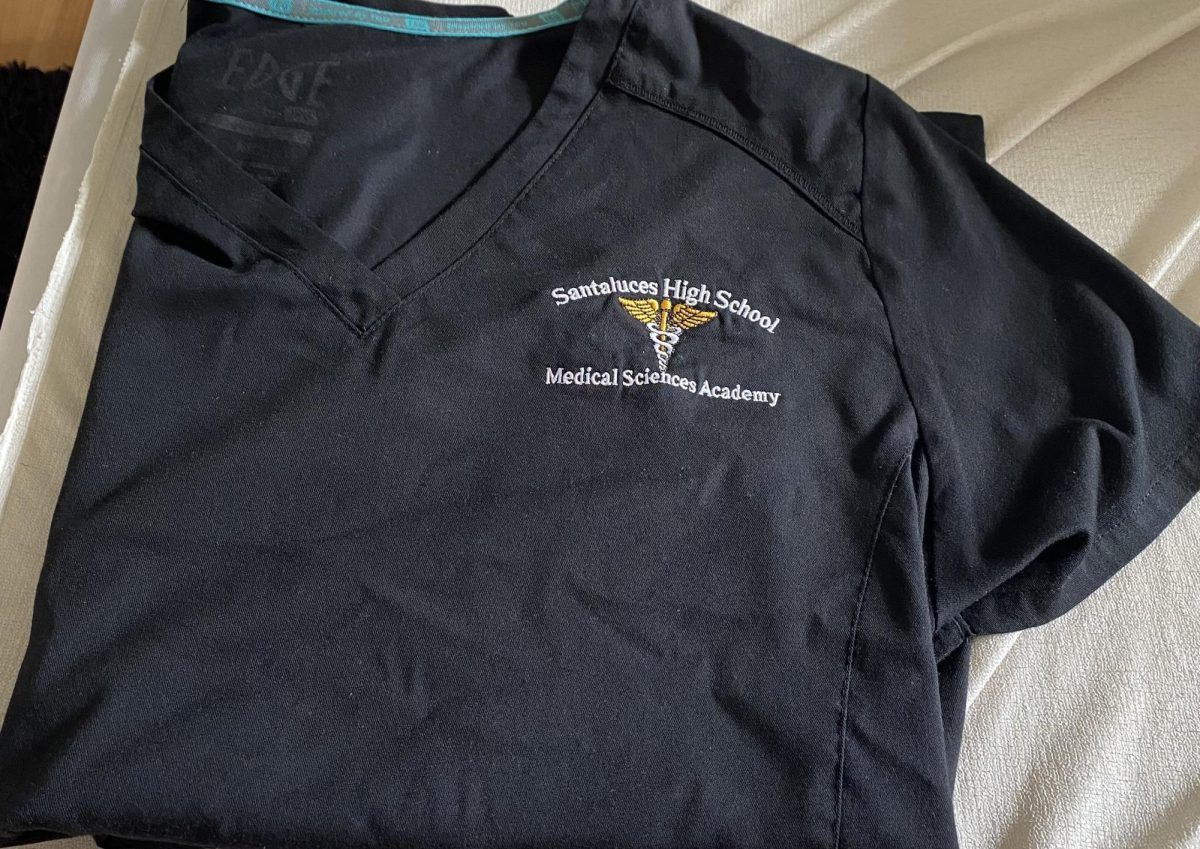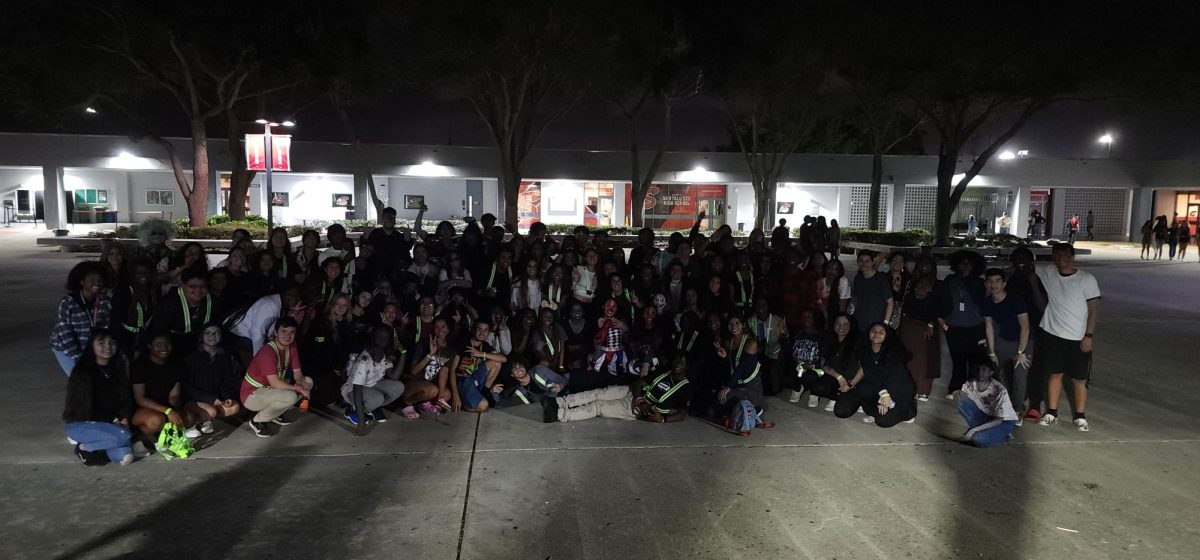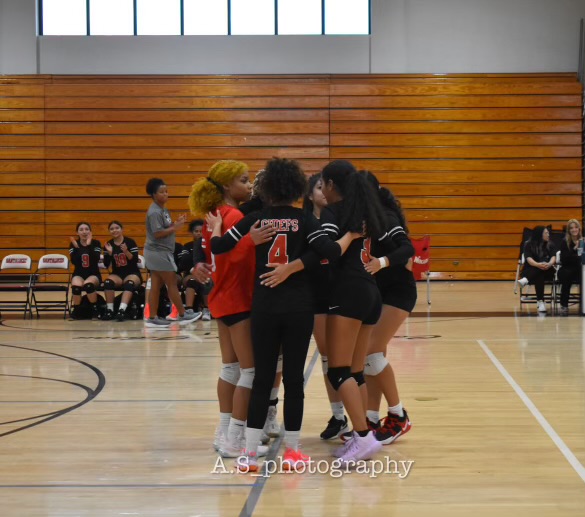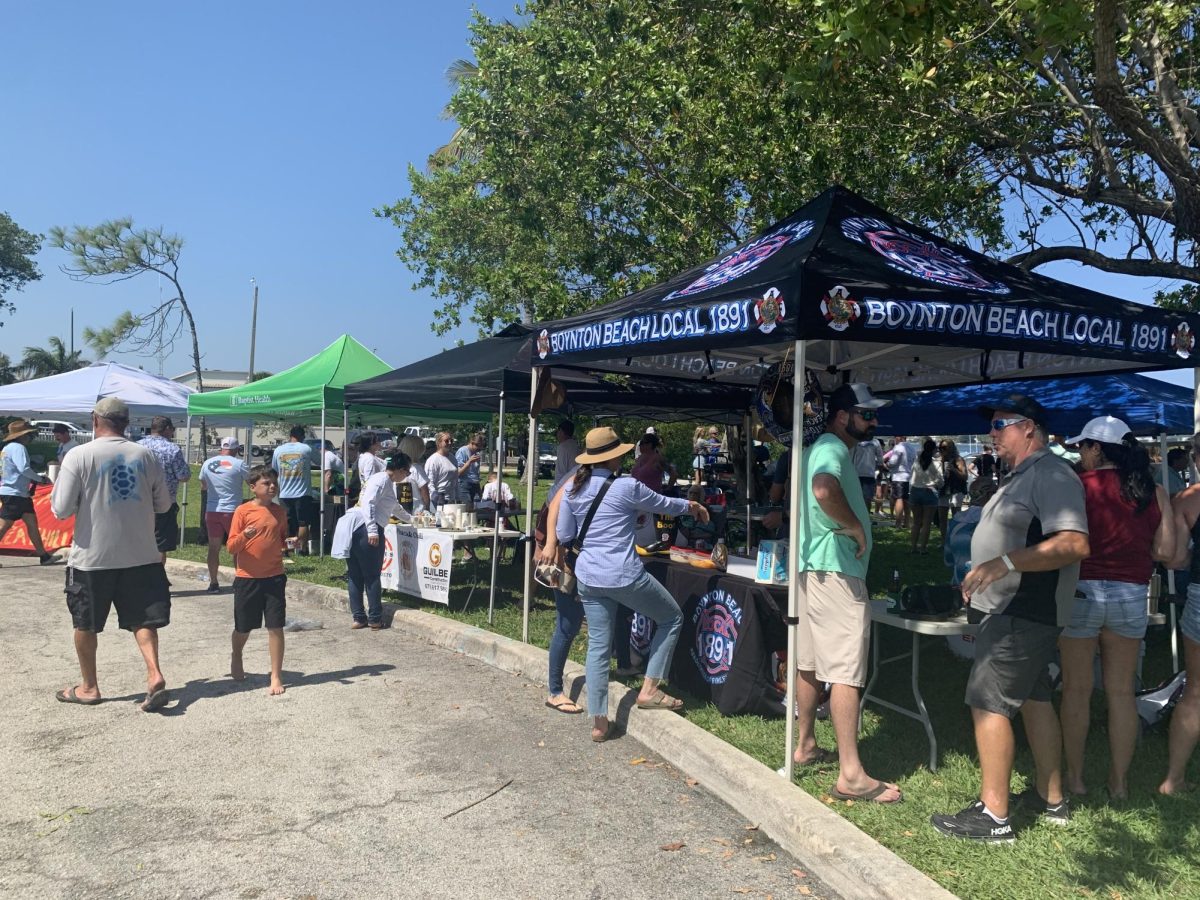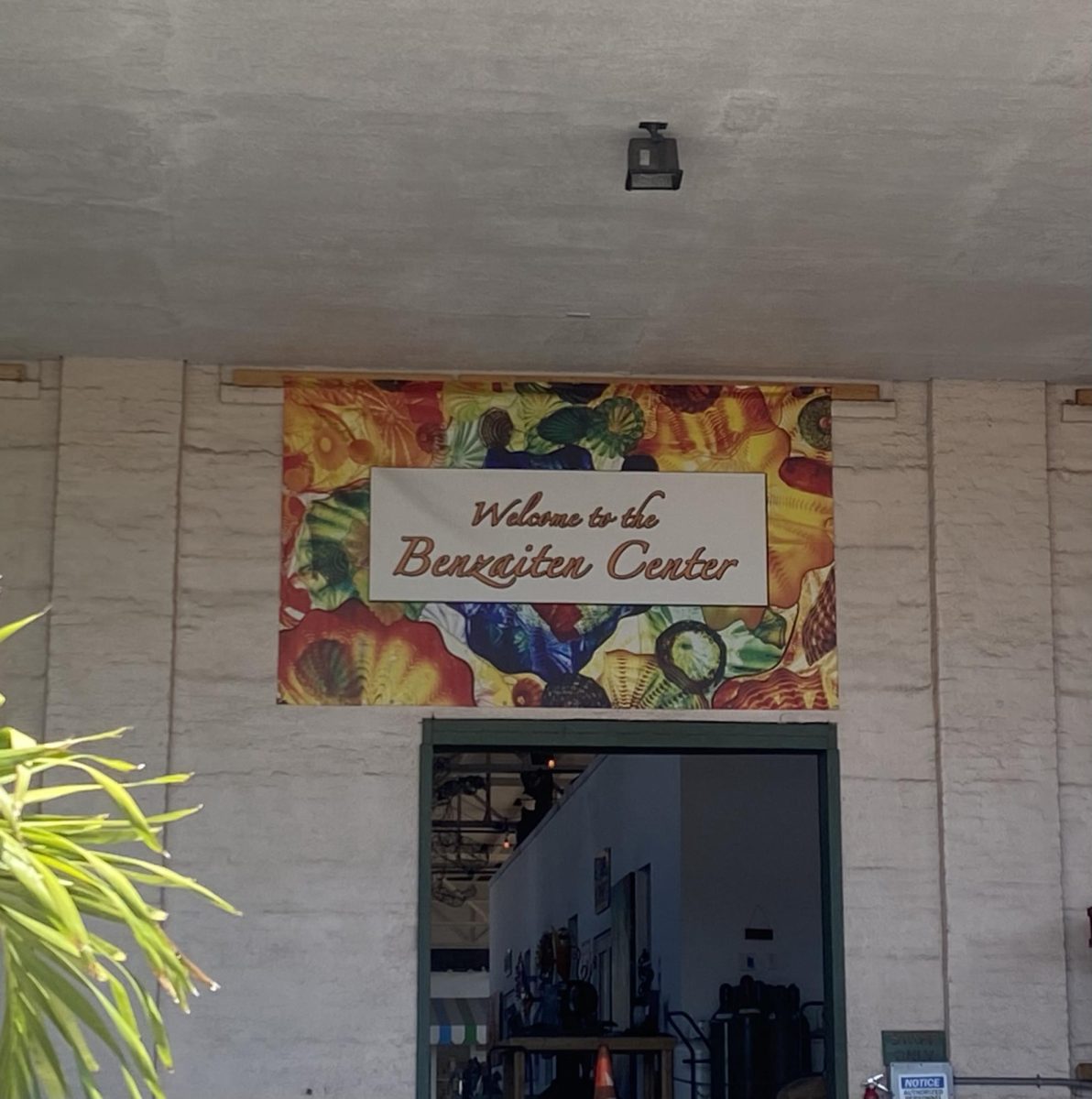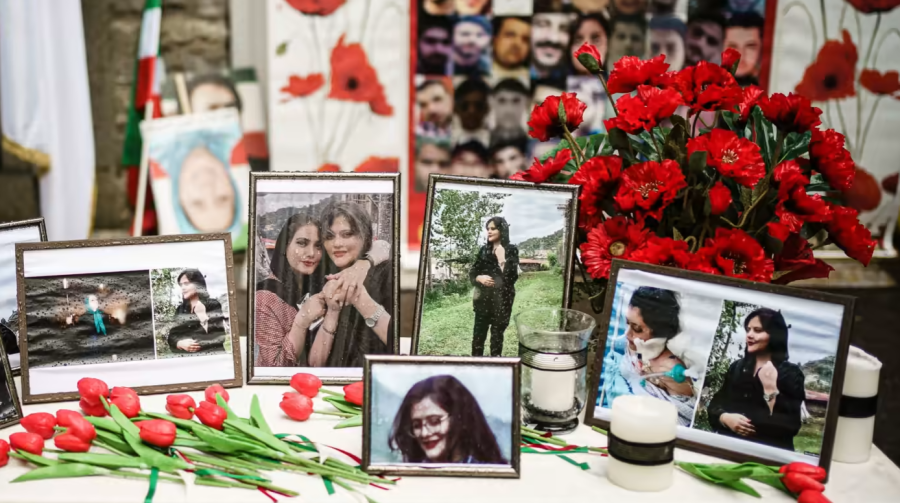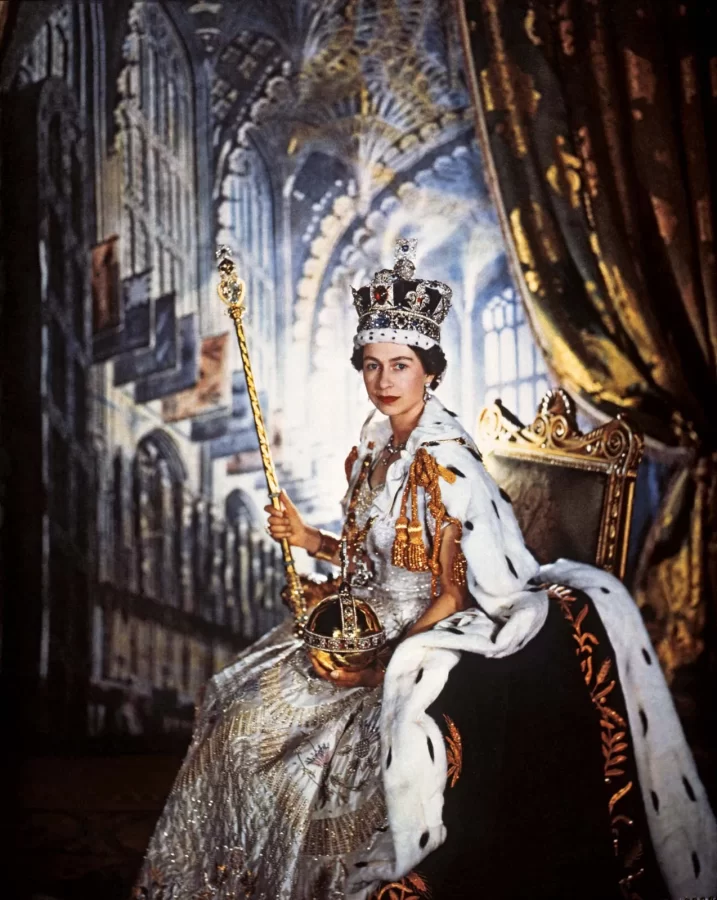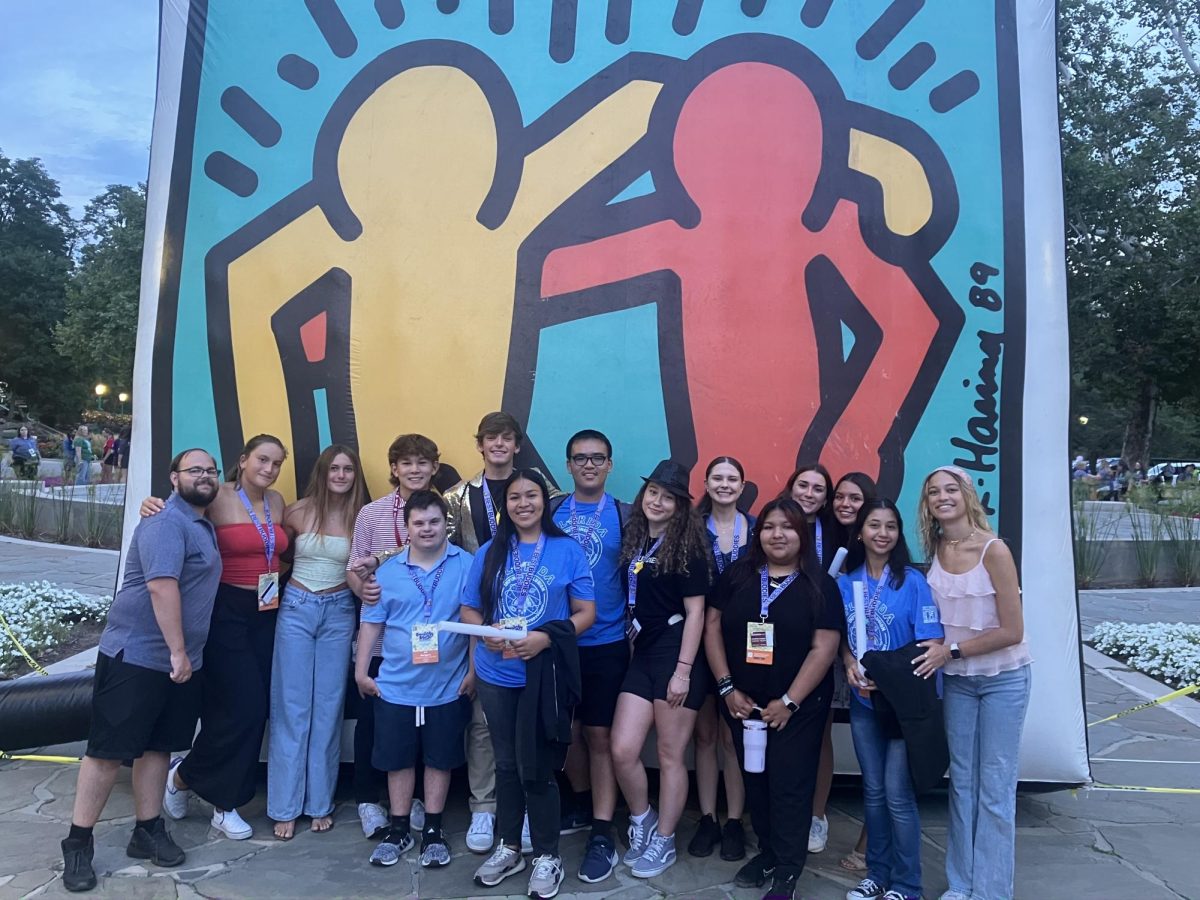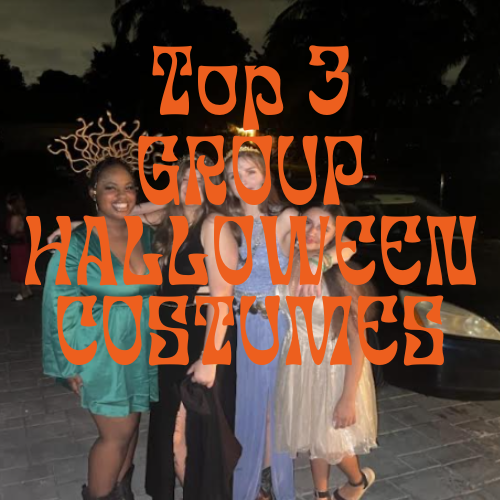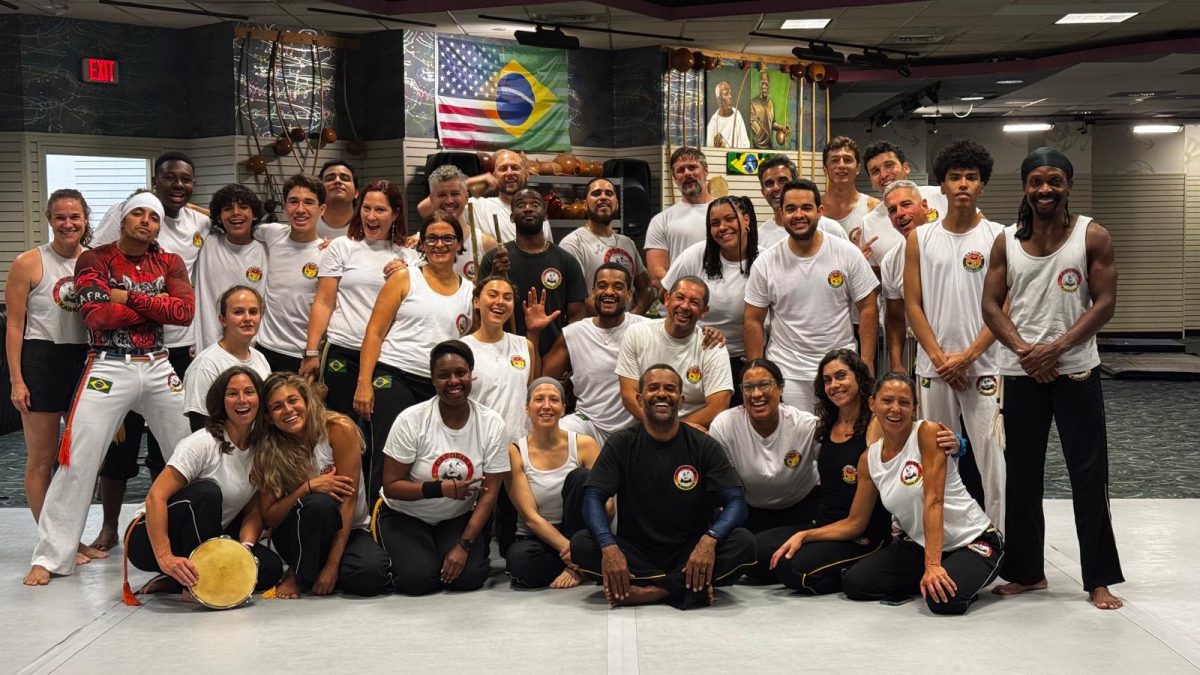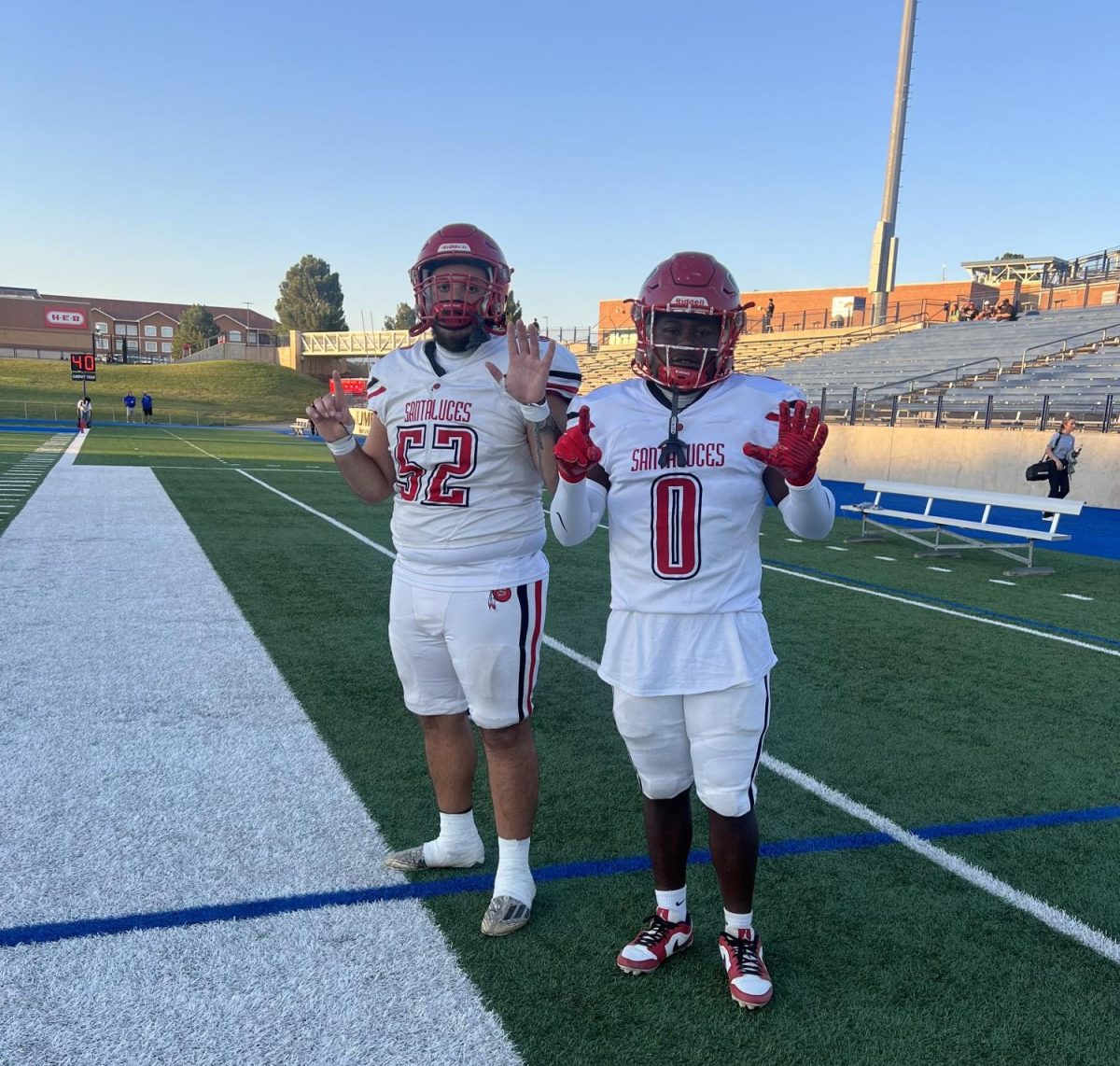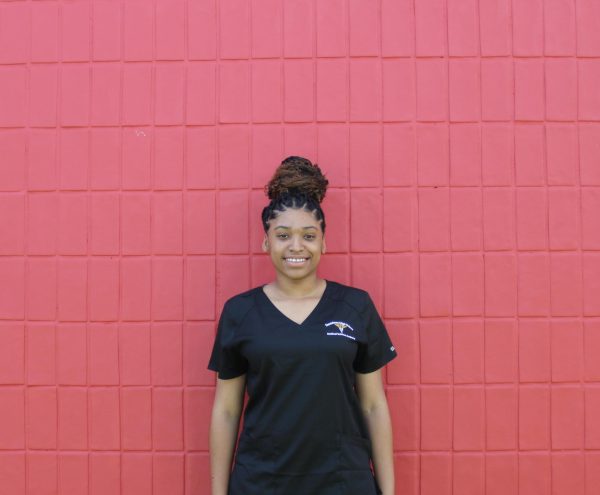Mary Eliza Mahoney was born in 1845 to free slaves who moved from Boston to North Carolina. Today, Mahoney is known as the first African American to become a licensed nurse and graduate from an American school of nursing. She attended Phillips School while living in Boston, which later became one of the first desegregated schools in America.
From an early age, Mahoney knew she wanted to be a nurse but nursing schools in the South were known for rejecting applications that belonged to black people. Attending school in the North would give Mahoney a higher chance of being accepted into a training program. As a teenager, Mahoney began working at the New England Hospital for Women and Children, a hospital with only women staff that worked together to care for injured/sick women and children. Here, Mahoney gained a greater understanding of the healthcare system by working for 15 years and switching to different jobs: chef, laundress, janitor, and nurse’s aide.
In 1878, 33-year-old Mahoney transferred to the hospital’s graduate school. It consisted of a 16-month program that was hands-on and filled with lectures, it was known for being a hard program to complete due to the number of hours that needed to go into being in the program and its intense workload. Mahoney was among the 4 students out of 42 who completed the program in 1879.
After completing the program, Mahoney decided to become a private nurse in hopes of experiencing less discrimination. Her patients loved that she was caring and hardworking, she continued to excel in the profession, and in 1896 she joined the Nurses Associated Alumnae of the United States and Canada (NAAUSC) which consisted of mainly white members who weren’t welcoming to Mahoney and others like her.
Mahoney wished for blacks to be treated fairly, she wanted a group that would actively advocate for black nurses to be treated the same as those around them. In 1908 she became a co-founder of the National Association of Colored Graduate Nurses (NACGN) and in 1909 she became the national chaplain. From 1911 to 1912, she served as the director of the Howard Orphanage Asylum.
Today, I interviewed Nurse Franco, one of our Medical Sciences Academy teachers. I decided to ask her how she feels about Mahoney as a fellow nurse of color and how she thinks the profession would have been different today without women and men like her striving to make a difference.
“Without Mahoney and others like her, what do you think your job would be like today as a nurse of color?”
“I likely wouldn’t have gotten the opportunity of going through with the schooling required to become a nurse, it’s hard to imagine a life where I’m not teaching students or working hands-on with patients.”
After 40 years of working as a private nurse and advocating for the fair treatment of blacks on a social and economic scale, Mahoney retired but continued to fight for women’s rights. In 1920, she was also one of the first women to register to vote after the 19th Amendment had been passed.
From age 77 to 80, she battled breast cancer before she gained her wings on January 4, 1926. After her death, she became a part of the Nursing Hall of Fame and National Women’s Hall of Fame; her grave in Massachusetts became a memorial site. The Mary Mahoney Award is now given biennially to people who exhibit important contributions towards establishing equal opportunities for minorities who are involved in the nursing profession.
“How do you think others like Mahoney should be honored for everything that they have done?”.
“I think people like Mahoney should be discussed whenever the opportunity arises, whether it be being discussed on a podcast or spreading the word about everything she did for the black community before her death.”
Overall, I look up to the past and present women and men who have diversified the healthcare system. Whether it be fighting for rights or simply entering the workforce, I have always looked up to people in this profession can do what’s best for their patients without a second thought. As a future NICU nurse, I hope to have as much of an impact on my patients and their parents as Mahoney had on hers and the people around her.
Sources:
https://www.womenshistory.org/education-resources/biographies/mary-mahoney
https://www.aanp.org/news-feed/breaking-barriers-a-history-of-mary-eliza-mahoney


